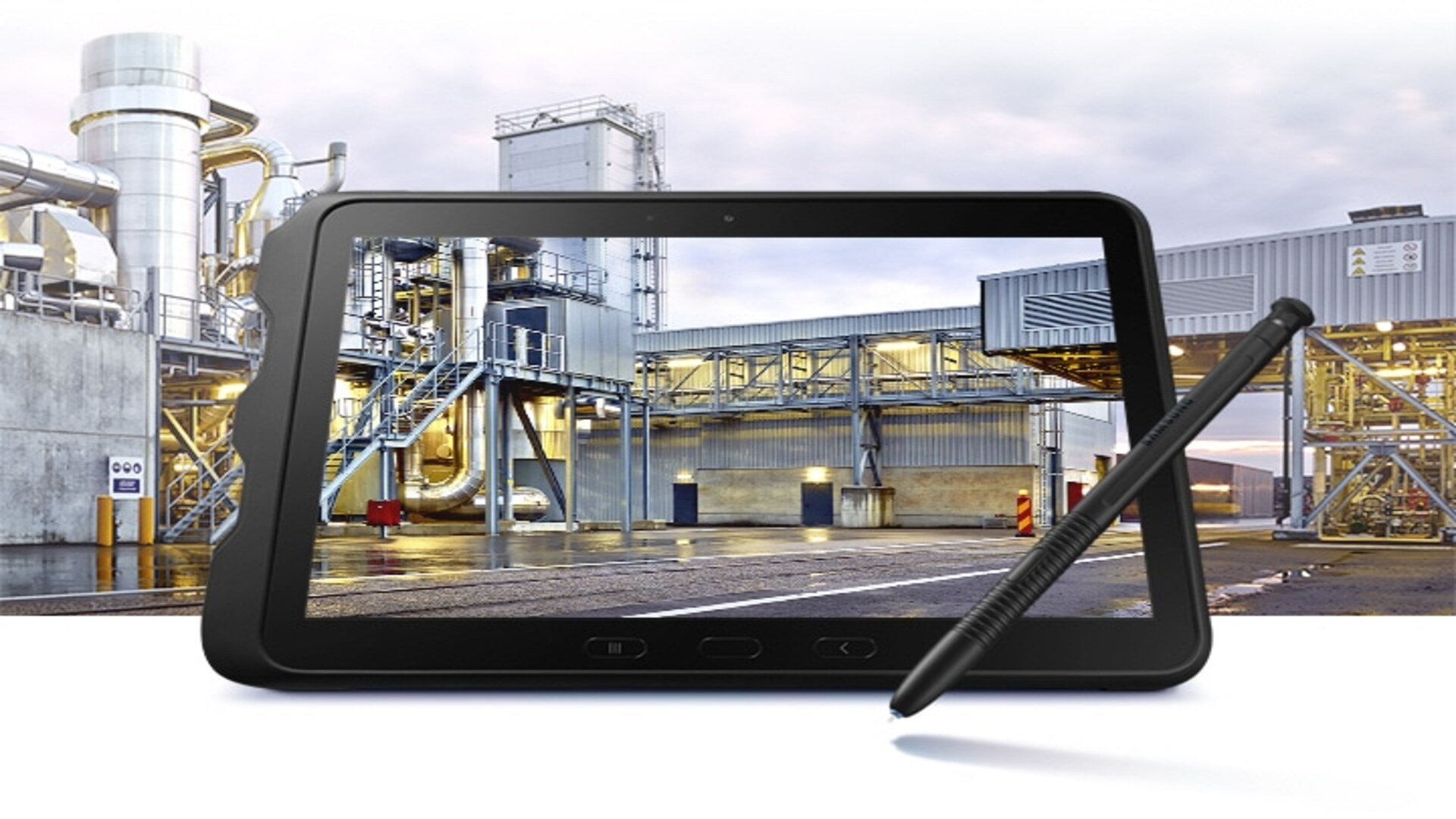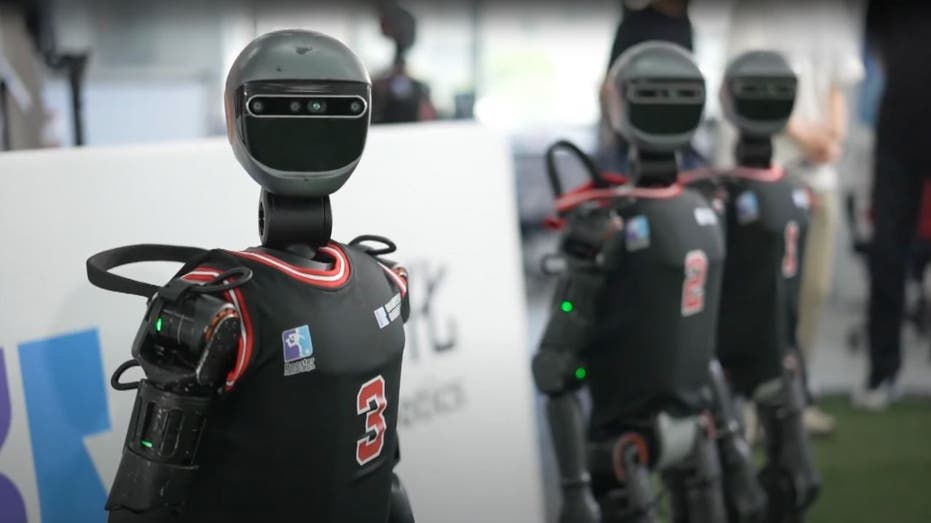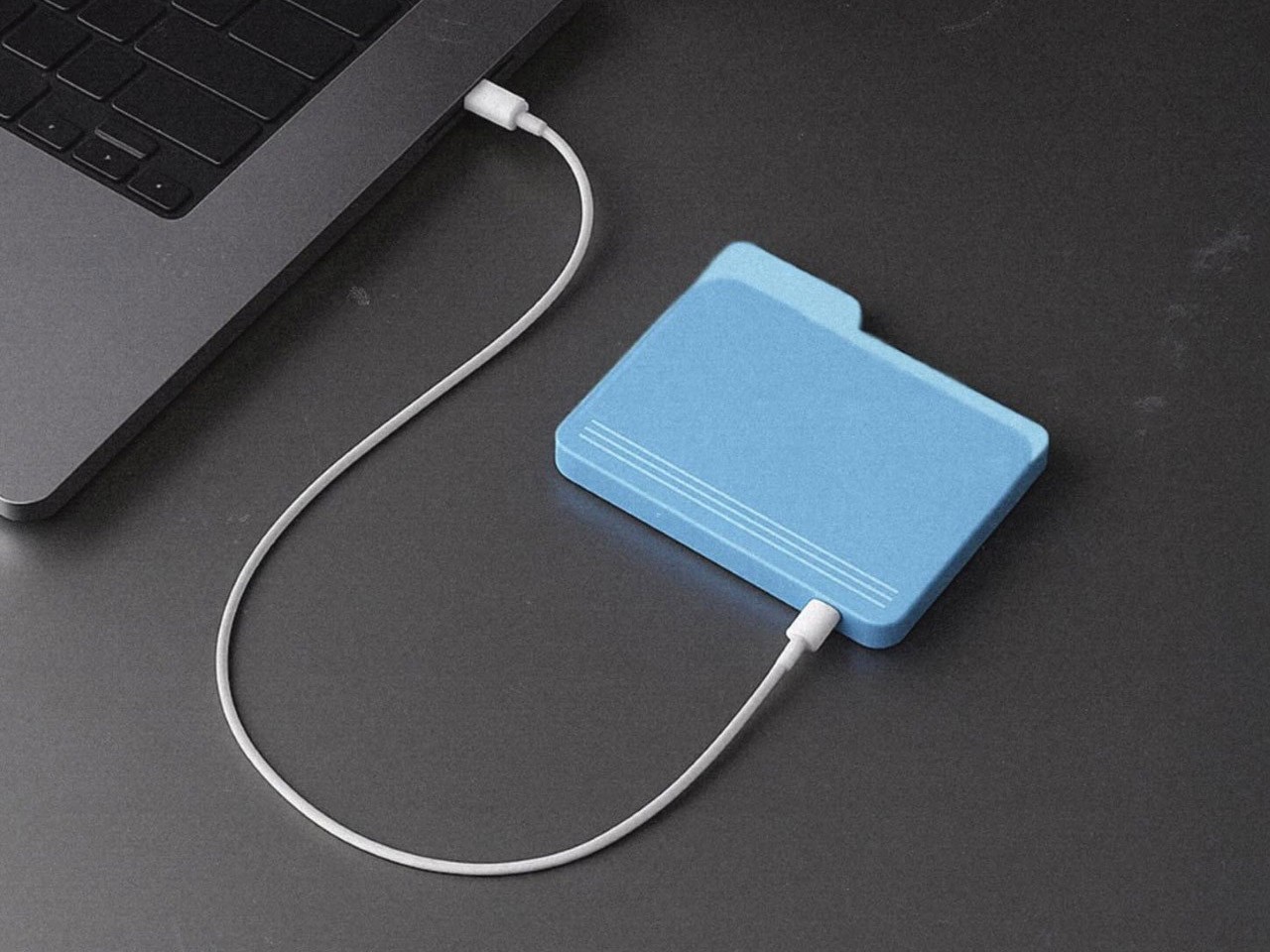Exploring the Latest Innovations in Technology and AI: Privacy Concerns, Robotics, and Consumer Electronics
Author: AI Research Team

In recent years, technology has experienced an unprecedented acceleration in innovation, deeply impacting our daily lives and sparking discussions around privacy, efficiency, and the future of artificial intelligence. Central to these discussions is Meta's introduction of its new AI functionalities, which raise critical questions about user privacy and data security. In a landscape increasingly dominated by AI, the integration of such technologies into social media platforms necessitates a serious examination of how personal data is utilized and the implications it has for users' privacy.
Meta recently announced a feature that prompts users to allow access to their private images stored within personal devices. Following its deployment, concerns erupted regarding the ethical boundaries of AI, prompting users to ponder what information they are inadvertently sharing. If enabled, this feature would utilize private photos for training AI algorithms, sparking fears about unauthorized data usage and the potential for exploitation. Critics argue that such practices could lead to a significant erosion of privacy, with users feeling pressured to consent to share their most intimate moments to access advanced AI tools.
Meta's AI feature introduces privacy concerns regarding users' private photo usage.
On a different front, the world of robotics has seen remarkable strides with the advent of autonomous humanoid robots. Recently, China hosted its first AI soccer tournament, showcasing four teams of humanoid robots that demonstrated astounding capabilities in ball detection and decision-making. The competition offered a thrilling glimpse into the potential of AI in sports and robotics, as robots played soccer autonomously, suggesting a future where technology and entertainment intersect even further.
The developments in robotic technology present not only a marvel from an engineering perspective but also pose questions about AI autonomy. These robotic soccer players leveraged advanced sensor systems and AI algorithms to detect the ball and strategize their plays. This breakthrough highlights a significant leap in robotics, where machines are no longer merely tools but participants in dynamic, real-world scenarios. Observers noted how the robots optimized their performance in real-time, showcasing their ability to adapt and learn.

Autonomous humanoid robots competing in China's AI soccer tournament.
As the integration of AI extends into various realms, substance and efficiency are pivotal focuses in technological advancement. In this context, significant developments have emerged in data processing technologies, particularly through the use of 'memristors.' Chinese scientists have introduced a new memristor-based system that notably improves AI data sorting efficiency. This cutting-edge system positions itself as a transformative tool for enhancing the performance of AI algorithms, allowing for swifter and more efficient processing of vast data sets.
Memristors, being non-volatile memory technologies that retain information, are crucial in the developing frameworks of AI systems. Their functionality allows them to maintain state even when powered down, providing an efficient way to manage the data flow essential for AI applications. The invention underscores the importance of advancing underlying technologies to bolster AI efficiency, engaging researchers in ongoing dialogues about the appropriate applications of these innovations.

Emerging tech trends have led to the creation of new data processing systems powered by memristor technologies.
In the consumer electronics space, products like the Lenovo Yoga 7 2-in-1 laptop and Samsung’s rugged tablet are setting new benchmarks for functionality and usage. Lenovo's recent offering features an OLED display and the latest processor, making it suitable for various professional tasks while providing an excellent user experience. Meanwhile, Samsung's rugged tablet is engineered for demanding environments, boasting dual batteries and extensive software support with eight years of Android updates—a significant commitment for users looking for longevity in their devices.
These devices not only incorporate advanced technology but also reflect essential user considerations such as battery life and software longevity. As users become more dependent on tech for both work and personal purposes, manufacturers are responding with thoughtful designs that enhance productivity and usability. The stakes are high as advanced consumer electronics continue to evolve, catering to an ever-growing audience that values both innovation and reliability.

Samsung's rugged tablet designed for field work, showcasing its durability and extended Android update support.
Another area of focus within the technology realm is the startup ecosystem, driven largely by AI applications. As noted in recent reports, 2025 has already birthed at least 36 new tech unicorns, many of which revolve around AI solutions. This impressive statistic illustrates how investment and innovation are conspiring to redefine industries, as fresh startups continue to emerge with groundbreaking solutions. TechCrunch highlighted the role of established VCs and investment firms in fostering an environment ripe for growth.
The mention of unicorns—private companies valued at over one billion dollars—reinforces a narrative of optimism permeating the tech community. Despite economic uncertainties, sectors such as AI, blockchain, and space exploration continue to capture the imagination of entrepreneurs and investors alike. A drive towards innovative applications that bridge technology and everyday life remains a primary focus, leading to the rapid evolution of nascent businesses into major players within their respective fields.

The rise of new tech unicorns reflects the thriving innovation climate in today's technology landscape.
As societal needs drive technological changes, organizations like the Advanced Education Research & Development Fund (AERDF) continue to pioneer in educational technology. Recent showcases by the AERDF highlighted discoveries and inventions aimed at enhancing PreK-12 education through innovative uses of technology like AI, which are instrumental in reshaping learning experiences.
This emphasis on educational technology underscores the broader trend of integrating advanced tools into educational settings, fostering an environment where students can thrive with resources that mimic real-world technology. Programs aimed at math, literacy, and assessment have been unveiled, reflecting a significant commitment to improving educational outcomes for young learners.
In light of early Prime Day deals being offered, a plethora of discounted tech devices from brands like Anker has also emerged, capturing the attention of tech enthusiasts. With deals on headphones, earbuds, and various smart devices, consumers can find high-quality products at reduced prices, making tech more accessible to a wider audience.
The interaction between high-tech advancements and consumer behavior illustrates a dynamic marketplace where the demand for smarter, more efficient products continues to rise. Shoppers are becoming more discerning, opting for devices that not only meet their needs but also incorporate the latest technological innovations.

Anker is offering significant discounts on popular tech devices ahead of Prime Day.
In addition, unique product designs, such as a 128GB SSD that resembles a folder from the MacOS desktop, are emerging from innovative minds in product design. This personal touch in aesthetics merges functionality with a sense of flair, showing that consumer tech is not just about performance but also about style, which resonates with a broader audience.
The fusion of technology and design presents a creative landscape where artists and engineers work hand in hand to create devices that appeal to the senses. It highlights a shift in consumer expectations, as people wish to relate personally to products they use, further driving the demand for uniquely crafted devices.

This innovative SSD design cleverly mimics a folder from MacOS, showcasing creativity in technology.
As technology continues to evolve at a rapid pace, the integration of innovation into daily life presents both opportunities and challenges. From privacy concerns surrounding AI advancements to exciting developments in robotics and consumer electronics, the landscape is brimming with potential. The interplay of technology and society highlights the importance of responsible innovation, ensuring that as we move forward, we prioritize our values and ethics alongside progress.